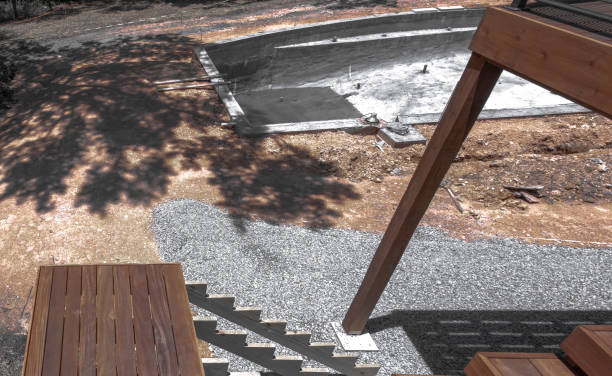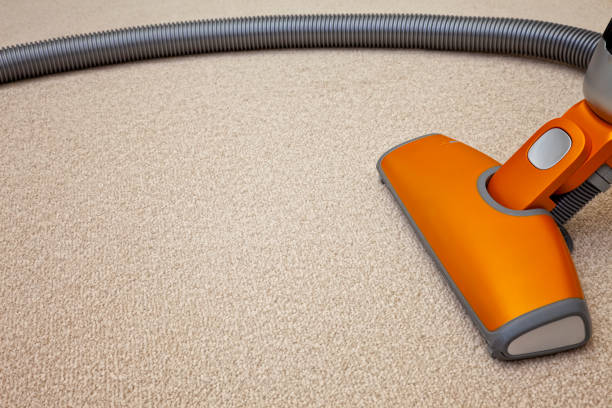Tankless water heaters have revolutionized home water heating by providing endless hot water on demand while conserving energy compared to traditional tank models. However, selecting the right unit requires careful evaluation of your household’s hot water needs, fuel type, and installation requirements to ensure optimal performance and efficiency. Unlike conventional water heaters that store and constantly reheat water, tankless units heat water instantly as it flows through the system, eliminating standby energy losses and offering a compact, space-saving design.
The first consideration is fuel type, which significantly impacts operating costs and installation. Electric tankless heaters are energy-efficient and easier to install in smaller spaces, but they may struggle to meet high hot water demands in larger households unless multiple units are used. Gas-powered models, either natural gas or propane, deliver higher flow rates and are better suited for whole-home use, particularly in colder climates where incoming water temperatures are lower. However, gas units require proper venting and gas line upgrades, which can increase upfront costs. Hybrid heat pump water heaters offer another alternative, combining tankless technology with heat pump efficiency, though they work best in moderate climates and may have higher initial expenses. Household size and hot water usage patterns dictate the required unit capacity, measured in gallons per minute (GPM). A small household with one or two occupants might only need a unit delivering 2–3 GPM, while a family of four or more may require 5–8 GPM, especially if multiple showers, appliances, or faucets run simultaneously. Temperature rise—the difference between incoming groundwater temperature and desired hot water output—also affects performance. Colder regions need units with higher BTU ratings to achieve sufficient temperature increases during peak demand. Consulting a professional to perform a hot water demand calculation ensures you select a model that won’t leave you with lukewarm showers during busy mornings. Energy efficiency and long-term savings are key advantages of tankless systems. Look for units with high Energy Factor (EF) ratings, which indicate better efficiency, and consider ENERGY STAR®-certified models for additional savings. While tankless heaters cost more upfront than tank models, their longer lifespan (20+ years) and lower energy bills often justify the investment. Maintenance requirements, such as annual descaling to prevent mineral buildup in hard water areas, also influence long-term performance and durability. Installation logistics can’t be overlooked. Retrofitting a tankless system may require electrical upgrades, new gas lines, or reinforced venting, adding to initial expenses. Professional installation ensures compliance with local codes and maximizes efficiency. Some homeowners opt for point-of-use tankless heaters installed near high-demand fixtures (e.g., showers) to reduce wait times for hot water, complementing a central unit. By balancing fuel type, capacity, efficiency, and installation needs, you can choose a tankless water heater that delivers reliable, energy-saving hot water tailored to your home. The right unit not only enhances daily comfort but also reduces environmental impact, making it a smart upgrade for modern households. Whether prioritizing endless hot water for a growing family or seeking to minimize energy waste, a well-selected tankless system provides lasting value and convenience.



